
Grades:
6th Grade
Using the website TeachingEngineering as a model along with their worksheets, students will create an oil spill and explore the current methods of cleaning it up. They will engineer a new method of

Grades:
6th Grade, 7th Grade
In the second part of this lesson, students will now test how friction can change the speed of a RC car. Students will first test the RC car on three different surfaces of their choice and time them

Grades:
6th Grade, 7th Grade
In this part one of two lessons, students will test the pull force of a RC car on three different surfaces. Students will learn about friction in a hands-on activity and practice calculating the mean

Grades:
6th Grade, 7th Grade, 8th Grade
For this lesson, students will be using the LEGO Spike Prime Kits and LEGO Mindstorm software. Students will writing programs using the Color Sensor to make the Driving Base autonomous.

Grades:
4th Grade, 5th Grade, 6th Grade, 7th Grade, 8th Grade
Students create a polling station, using student-made buttons, a circuit, and coding a Micro:Bit, to discover and report current student trends.
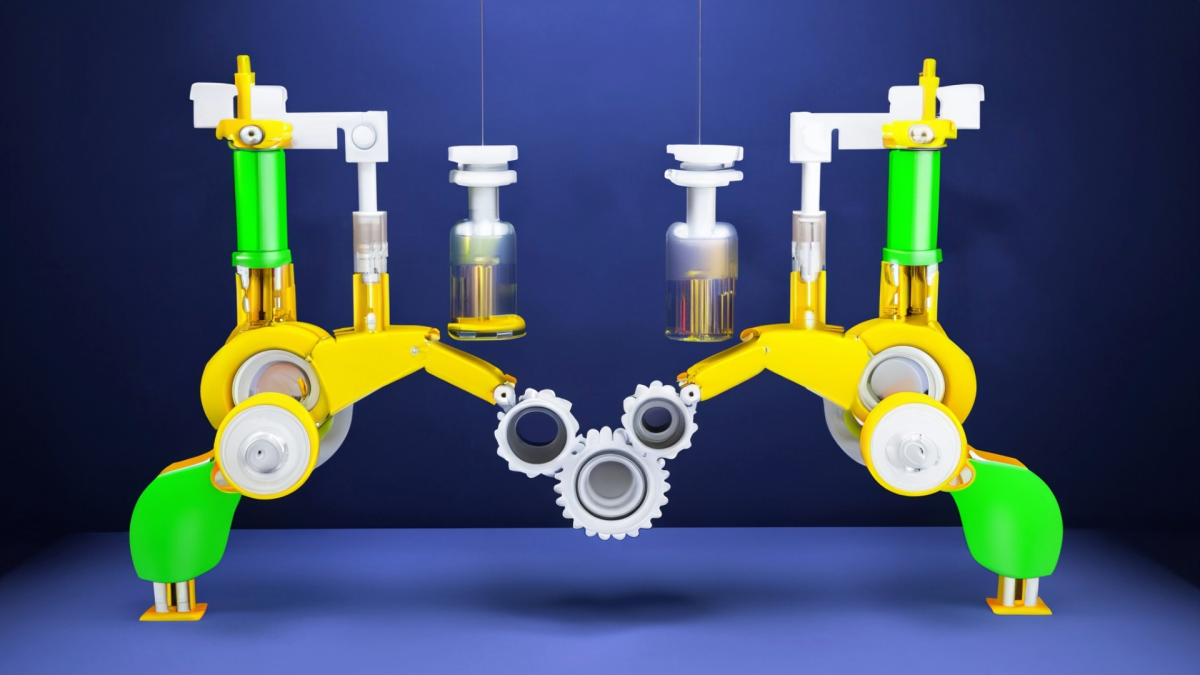
Grades:
Kindergarten
Kindergarten students will be given a STEM case to solve! The goal is to build a bridge for two different sized/weight of vehicles. Students will research types of bridges and decide which bridge will

Grades:
Kindergarten
This lesson provides the opportunity for kindergarten students to develop a mock oil spill and develop methods to help ocean life after an oil spill. Student will hypothesize methods that can

Grades:
6th Grade, 7th Grade, 8th Grade
This lesson shows how to use VEX IQ robots in your classroom. There are links to the VEX free resources that can be used to help new or experienced robotics teachers.

Grades:
7th Grade
In this lesson, the students will use the Sphero bots and the data they collected in previous lessons to create block-code to navigate a course for the Sphero Bolt to travel. The block code used is

Grades:
8th Grade
Investigate how red wigglers rebuild soil by processing food scraps and depositing their casts into the soil. Student groups will have their own worm bins to care for and they will gather data about

Grades:
6th Grade
Students will research and use math calculations to set up a classroom worm compost bin to compare to a classroom non-worm compost bin to be utilized for observation throughout the school year for
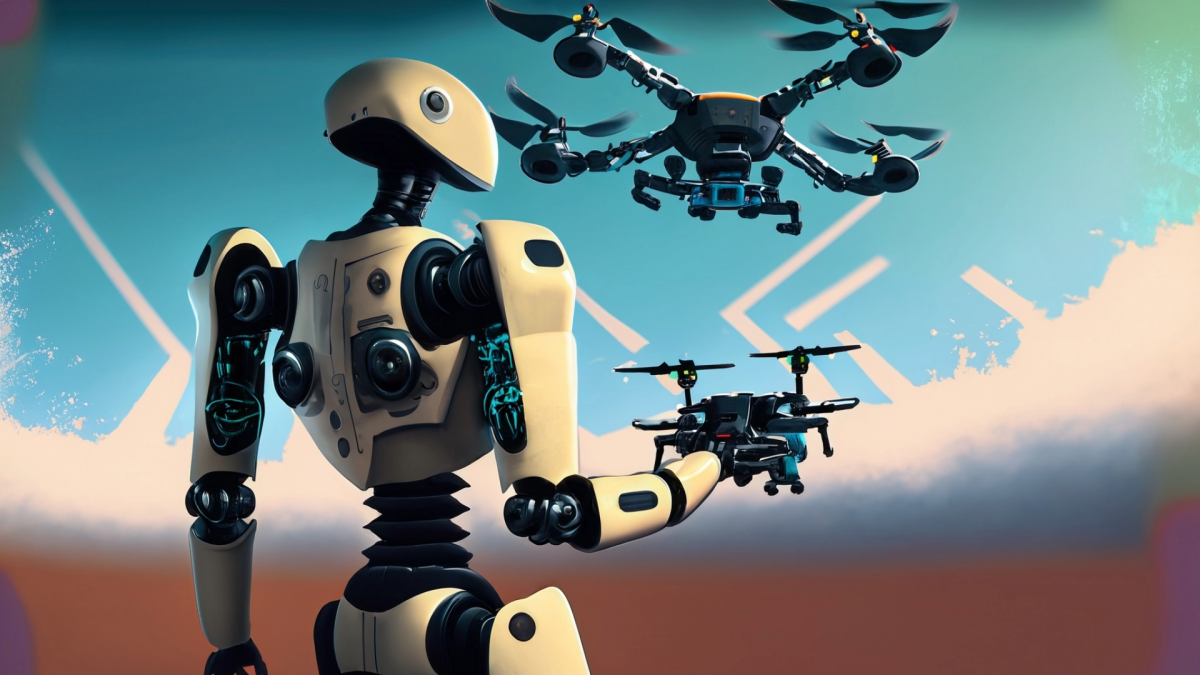
Grades:
7th Grade, 8th Grade, 9th Grade, 10th Grade, 11th Grade, 12th Grade
In this lesson students will collect data on the performance of their drone. Students will design a systematic process of data collection that will then lead to the development of a predictive model

Grades:
7th Grade, 8th Grade, 9th Grade, 10th Grade, 11th Grade, 12th Grade
Students will combine science and art by using an alternative photographic process called cyanotypes or sun prints. After a short introduction to the history of cyanotypes and the process of creating
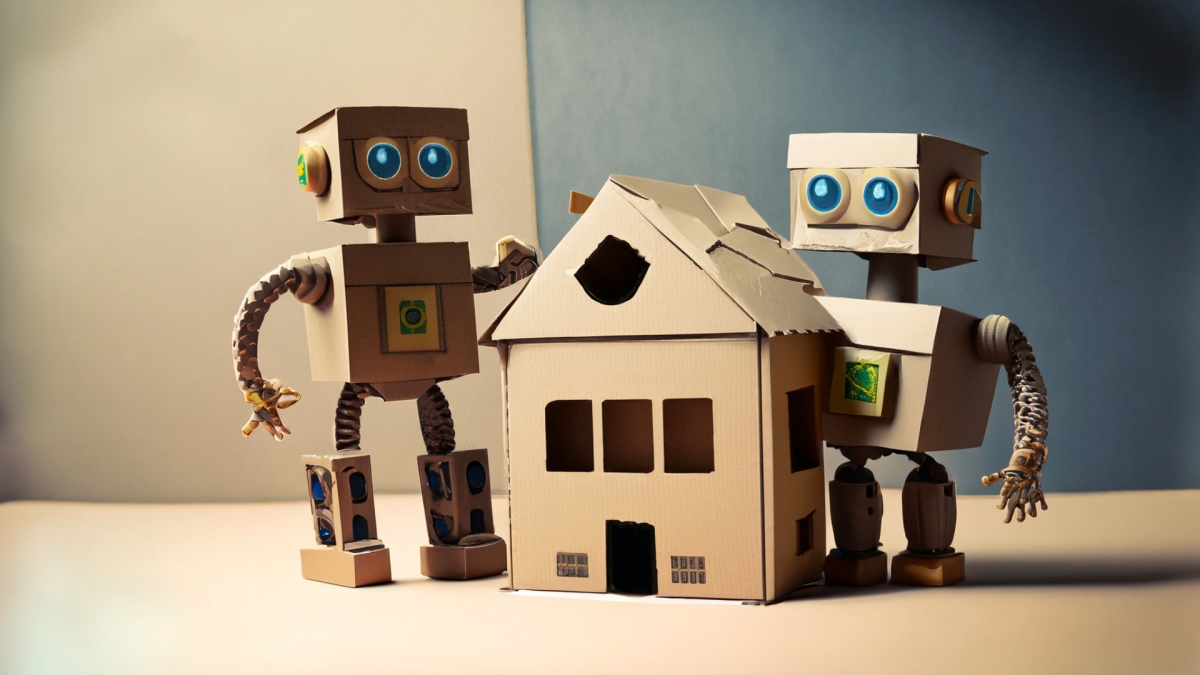
Grades:
3rd Grade, 4th Grade
An Arizona 3rd grade standard is to learn about Arizona tribes ways of living, how they depend on their environment to shape their world. Students will use their hands, forearm, body height and hand

Featured
mini Sphero mini Golf
Grades:
6th Grade
In this lesson, students will design and build their own mini golf hole (first on scaled paper, then using cardboard and recycled materials). One obstacle must be made out of a net. Students will get

Grades:
4th Grade
This lesson is in collaboration with the National Park Service and contains additional activities from the Jr. Ranger program. Using the NPS brochure guide/map and Plantnet app, identify plant species
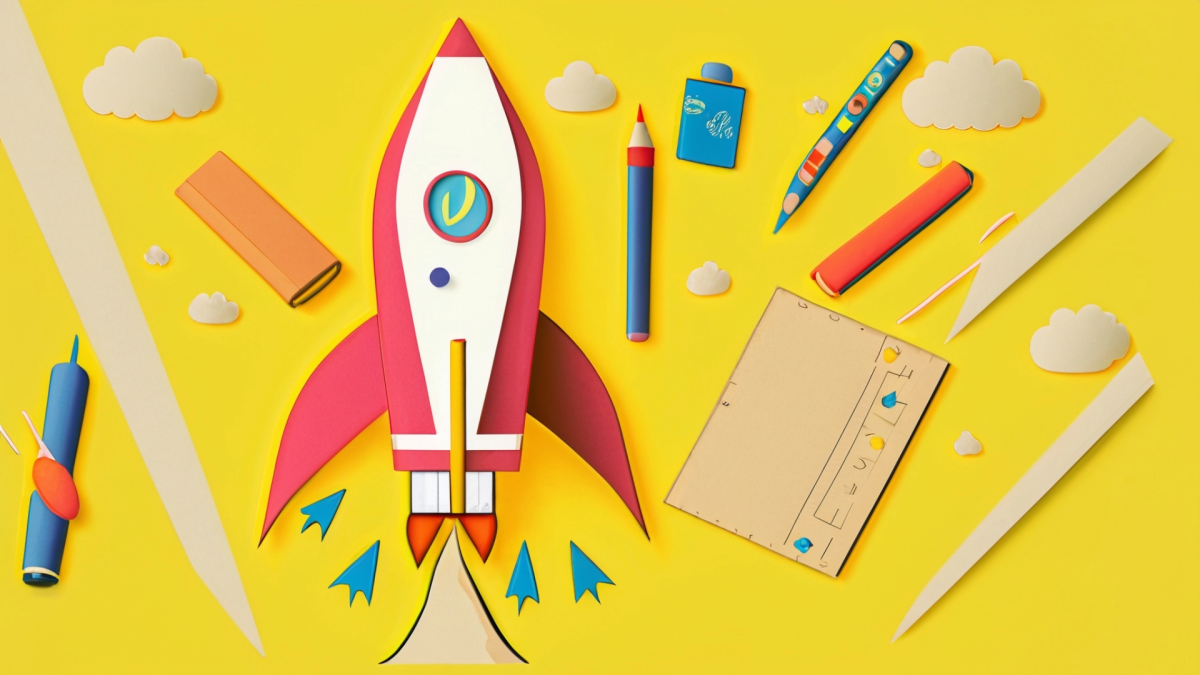
Grades:
7th Grade
In this lesson, students will carry out an investigation to discover how increasing the mass of an object will affect its motion. Then, they will design their own investigation to discover how

Grades:
Kindergarten, 1st Grade, 2nd Grade, 3rd Grade, 4th Grade, 5th Grade
This hands-on lesson introduces students to gardening and the sustainability of food. Students will grow small gardens and manage them.

Grades:
10th Grade, 11th Grade, 12th Grade
In this hands-on lesson, students study and record water quality readings by gaining an understanding of the significance of the readings along with the use of the correct vocabulary.
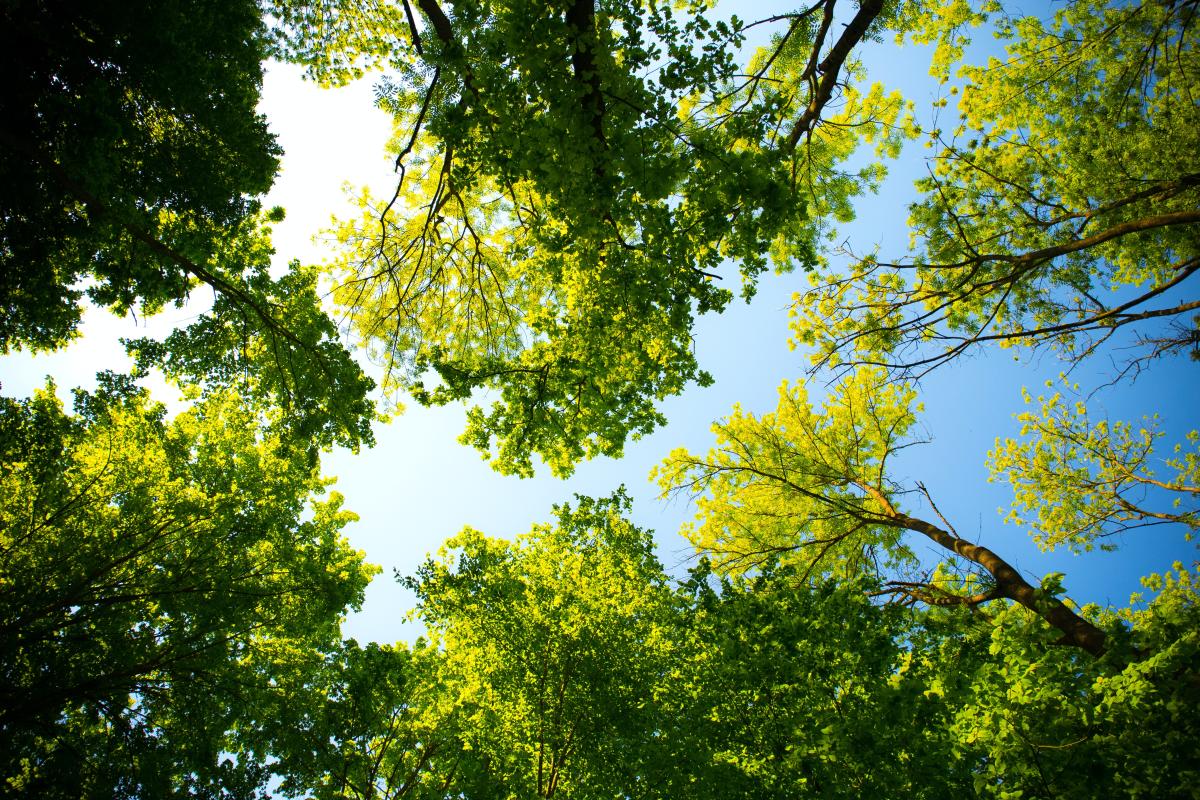
Grades:
9th Grade, 10th Grade, 11th Grade, 12th Grade
In this engaging lesson, students move the learning from within the classroom to outside its walls in order to study and record air quality readings (with no tech and tech applications). Students gain

Grades:
7th Grade, 8th Grade, 9th Grade, 10th Grade, 11th Grade, 12th Grade
This is an introduction to exoplanets and their discovery. In the hands-on activity, students make a lightcurve for an exoplanet transit using data from the DIY MicroObservatory Telescope Network.

Grades:
4th Grade
Students will learn the principles of flight while also incorporating the Engineer Design Process as they construct gliders using pressed Styrofoam. In this hands-on lesson, students read a book about

Grades:
7th Grade, 8th Grade, 9th Grade, 10th Grade, 11th Grade, 12th Grade
Teachers will be introduced to the VEX V5 Robotic Platform. We will start with an Introduction to robotics and how robotics is used in industry. Students will understand the key resources they will be

Grades:
6th Grade
Students will build and use an anemometer to calculate wind speed and then use the wind speed to determine the affect wind has on temperature and the temperature that you feel (wind chill). Students
